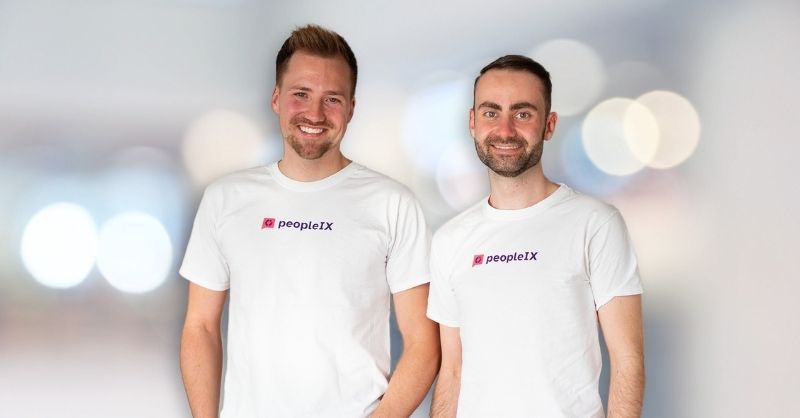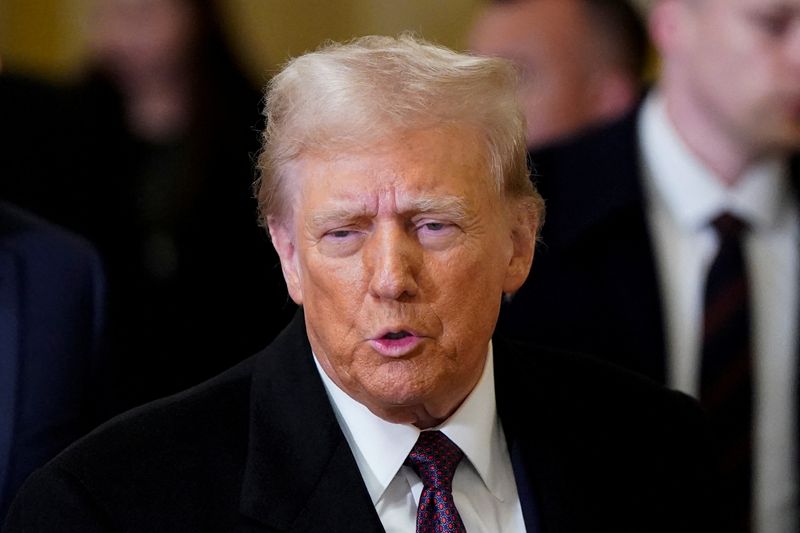Key Takeaways:
I. SoftBank's $100 billion investment has the potential to reshape the US tech landscape, but carries significant risks given the market context and SoftBank's mixed investment history.
II. The pledge coincided with a decline in overall US startup funding but a surge in AI investment, creating a unique environment ripe for both opportunity and distortion.
III. The political dimensions of the deal, underscored by the Trump connection, introduce additional layers of complexity and potential regulatory risks.
In a joint appearance with then President-elect Donald Trump, SoftBank CEO Masayoshi Son announced a $100 billion investment in US businesses, promising to create 100,000 new jobs. This audacious pledge, made against the backdrop of declining US startup funding but a surge in AI investment, immediately reshaped the tech landscape. This article analyzes the strategic implications of SoftBank's bet, considering its investment history, the broader market trends of 2016, and the political dimensions of the deal. We will explore the potential for both transformative growth and disruptive market distortion, offering a nuanced perspective on this monumental commitment.
SoftBank's Investment Strategy: A High-Stakes Gamble on Disruption
SoftBank's investment strategy, spearheaded by Masayoshi Son, is characterized by aggressive bets on high-growth tech companies. The Vision Fund, with over $100 billion in committed capital, targets late-stage investments, often injecting substantial sums to fuel rapid expansion and market dominance. This approach prioritizes disruption and speed, aiming to transform industries through aggressive scaling and strategic partnerships.
This high-stakes strategy has yielded both remarkable successes and costly failures. While investments in companies like Alibaba have generated enormous returns, SoftBank's portfolio also includes high-profile missteps such as WeWork and Katerra. This mixed track record highlights the inherent risks of aggressive growth strategies and the importance of rigorous due diligence.
The $100 billion pledge, given its unprecedented scale, raises concerns about potential market distortion. Such a massive capital infusion can artificially inflate valuations, creating bubbles in targeted sectors like AI and robotics. This can lead to misallocation of resources and increased market volatility, potentially harming smaller competitors and hindering sustainable growth.
SoftBank's focus on late-stage investments, while offering the potential for quicker returns, can also exacerbate the winner-takes-all dynamic in the tech industry. This can stifle competition and innovation in the long run, potentially creating monopolies and limiting consumer choice.
The 2016 Tech Landscape: A Paradox of Decline and Disruption
SoftBank's pledge coincided with a period of declining overall startup funding in the US. Data from PitchBook and Crunchbase reveals a noticeable dip in total venture capital investments in 2016 compared to the preceding years, indicating increased investor caution and a potential market correction.
Paradoxically, this decline coincided with a surge in AI-related investments. Driven by technological breakthroughs and growing recognition of AI's transformative potential, funding poured into AI startups, creating a localized boom amidst a broader downturn. This contrasting trend highlights the shifting priorities within the tech investment landscape and raises questions about the sustainability of the AI hype.
Beyond the tech sector, broader macroeconomic factors also shaped the investment environment of 2016. Rising interest rates, geopolitical uncertainty surrounding events like Brexit, and the potential for trade wars created a volatile backdrop for SoftBank's investment, adding another layer of complexity and risk.
This confluence of declining overall funding, AI hype, and macroeconomic instability created a uniquely challenging environment for SoftBank's ambitious pledge, demanding careful consideration of both the opportunities and the potential pitfalls.
The Trump Factor: Political Influence and Regulatory Risks
The announcement of SoftBank's investment, made jointly with President-elect Trump, immediately politicized the deal. This high-profile association, while potentially beneficial for SoftBank in terms of public relations and regulatory access, also introduced risks related to political influence and potential favoritism.
The Trump administration's pro-business stance and promises of deregulation created both opportunities and uncertainties for SoftBank. While potentially benefiting from reduced regulatory burdens and tax incentives, the company also faced risks associated with shifting political priorities, potential trade disputes, and changes in immigration policies that could impact the tech sector's talent pool. Navigating this complex political landscape would prove crucial for the success of SoftBank's investment.
The $100 Billion Question: A Bet on the Future, or a Gamble Too Far?
SoftBank's $100 billion investment represents a monumental bet on the future of technology. Its ultimate impact on the US tech landscape and the global economy remains uncertain, contingent on a complex interplay of market forces, technological advancements, and political dynamics. Whether this audacious gamble will prove to be a transformative force for innovation or a disruptive market distortion remains to be seen. The long-term consequences of this historic investment will continue to unfold, demanding ongoing scrutiny and critical analysis.
----------
Further Reads
I. SoftBank May Slowly Be Starting To Play ‘Offense’ In AI Arms Race After Son’s Promise
II. Japan's SoftBank returns to profit after gains at Vision Fund and other investments | AP News
III. SoftBank May Slowly Be Starting To Play ‘Offense’ In AI Arms Race After Son’s Promise









